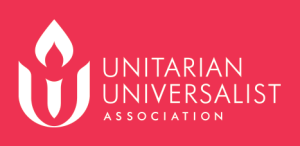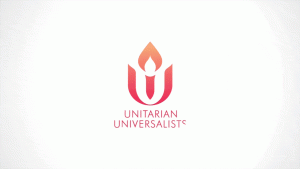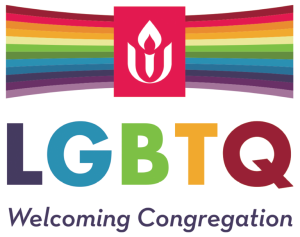Action of Immediate Witness: World on Fire: Humanitarian Work and Climate Change
Primary Proposer: Amelia Hanley of One Island Family in Key West, Florida
Additional Proposer: Rev. Robert Murphy of St. Petersburg, FL
• Immediate Concerns: The National Oceanic and Atmospheric Administration (NOAA) reports that the year 2023 was the hottest year in recorded history for planet Earth. Major storms, wildfires, droughts, and other disasters were reported on all of the inhabited continents.
More floods, more heat waves, and more tornadoes have developed during recent days. NOAA and the Centers for Disease Control and Prevention anticipate intense storms because of climate change, with increased food insecurity and an increase in illness caused by extreme temperatures. People have lost their homes because of climate change. The European Court of Human Rights ruled in April that the climate crisis is a human rights crisis.
Organized religion can be helpful before, during, and after community disasters. The impact of climate change has arrived during an era of social division and conflict. Systems of power, privilege, and oppression have contributed to the climate crisis and social injustice has made a bad situation worse. Unitarian Universalists can reduce alienation and suffering by working with marginalized groups to support community and labor organizing. Mutual aid and celebrations of liberation, resistance, sustainability, and accountability are needed in every season.
• Theological Grounding: The Bylaws and Rules of our Unitarian Universalist Association identify the purpose of our Association. “The Unitarian Universalist Association shall devote its resources and exercise its corporate powers for religious, educational, and humanitarian purposes. The primary purpose of the Association is to serve the needs of its member congregations, organize new congregations, and extend and strengthen Unitarian Universalist institutions and implement its principles.” (Article Two, UUA Bylaws.)
The principles of our Association affirm and promote justice, equity, and compassion in human relations and the goal of world community with peace, liberty, and justice for all. Unitarian Universalists respect the interdependent be of all existence of which we are a part.
“Systems of power, privilege, and oppression have traditionally created barriers for persons with particular identities, ages, abilities, and histories. Unitarian Universalists pledge to replace such barriers with ever-widening circles of solidarity, and compassion.” (Article Two, UUA Bylaws.)
• Immediate Actions: The General Assembly calls on the President of the United States to invoke the Stafford Act and the National Emergencies Act to recognize that a public health emergency now exists in the United States caused by climate change.
The impact of climate change brings Unitarian Universalists into a new era for religious,
educational, and humanitarian programs. The movie Cooked: Survival by Zip Code helps to explain the situation. The General Assembly asks Unitarian Universalists to listen to the oppressed and to respond in appropriate ways. Advocates for racial justice, houseless people, undocumented immigrants, the very young and the very old, indigenous people, and other marginalized groups, can identify community needs and opportunities for cooperation. Cooling stations, emergency transportation, and wellness checks will be needed in some places. Religious leaders will be asked to visit detention centers, labor camps, prisons and other institutions, and camps for houseless people, to support health care and legal services, and to assist with mass evacuations when needed.
People who are houseless or living in inadequate housing are exposed to extreme weather. The General Assembly is grateful for the religious and secular organizations that help people who need housing assistance. Drinking water and energy assistance are often requested. The case of City of Grants Pass v. Johnson is now before the United States Supreme Court. Regardless of the ruling, the General Assembly will stay in solidarity with people who need essential services. The General Assembly condemns the criminalization of the poor because of their poverty.
Climate change has created new problems for working people. All workers need adequate
protection, compensation, and representation. The General Assembly supports the organization of democratic labor unions. At the end of each summer, workers should be honored. Congregations are asked to celebrate the Labor Day weekend and harvest holidays with appropriate activities.
Individuals have been denied healthcare and social services because of their gender identity or sexual orientation. The General Assembly supports amendments to the Civil Rights Act of 1964 to prohibit discrimination against LGBTQI plus people. Federal money should be withheld from emergency services programs and other programs that permit unlawful discrimination.
Update 6/14: The Proposer of this AIW agreed to some changes to the text received at the listening session. The text above has been altered to reflect any changes.
Ballot Result from General Session IV
This Action of Immediate Witness was Affirmed. It received more than 2/3 vote of support.



